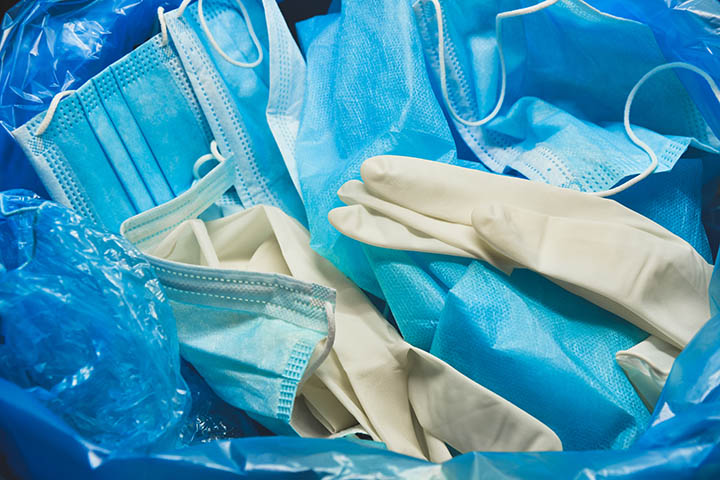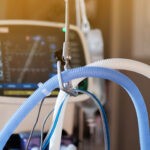Medical professionals come into contact with a variety of bodily substances and hazardous materials every day. With the proper handling, these substances and materials are rarely dangerous. But improper handling can result in infection and disease. Most medical facilities call these harmful substances and materials medical waste, which is a broad term that refers to any kind of waste that a healthcare facility produces. Every medical facility generates medical waste; it isn’t avoidable because medical waste is an inescapable part of the job, teaching medical professionals how to handle and dispose of it safely is essential to stave off disease. Here are the best practices for handling medical waste in hospitals.
Procedures to Follow
Not all medical waste is equal. Many forms of medical waste can cause bodily harm, but some are more likely to do so than others. Some highly infectious substances include blood, cerebrospinal fluid, and synovial fluid.
Not all medical waste is fundamentally dangerous, either. For example, a used paper towel or glove might be completely harmless. However, since there’s no way to quickly and accurately confirm whether something is safe, most hospitals operate under the Universal Precautions strategy, which involves treating all medical waste as if it has the potential to cause grave harm and disposing of it accordingly.
Wear protective Gear
Every medical professional should take certain precautions when handling medical waste. The first of these involves wearing protective gear, including barrier gowns, gloves, protective eyewear, masks or face shields, and more. The CDC also recommends that people thoroughly wash their hands using antiseptic, antimicrobial soap before and after encountering medical waste.
Take Measures to Reduce Spillage
The next best practice for handling medical waste in hospitals is to take measures to reduce incidences of spillage. Spillage, as the name suggests, is when liquid or sharp materials spill out from their containers. The best way to reduce spillage is to use a puncture-resistant hazardous waste bag to contain the waste, close said bag securely, and store it upright to ensure nothing can leak or wriggle its way out.
Reduce Contact Via Automation
Manually administering fluids can be hazardous since the professional administering them will expose themself to several potentially contaminated substances and materials. One alternative is to use IV infusion pumps, which streamline the administration process and reduce the amount of contact that doctors and nurses have with medical waste.


